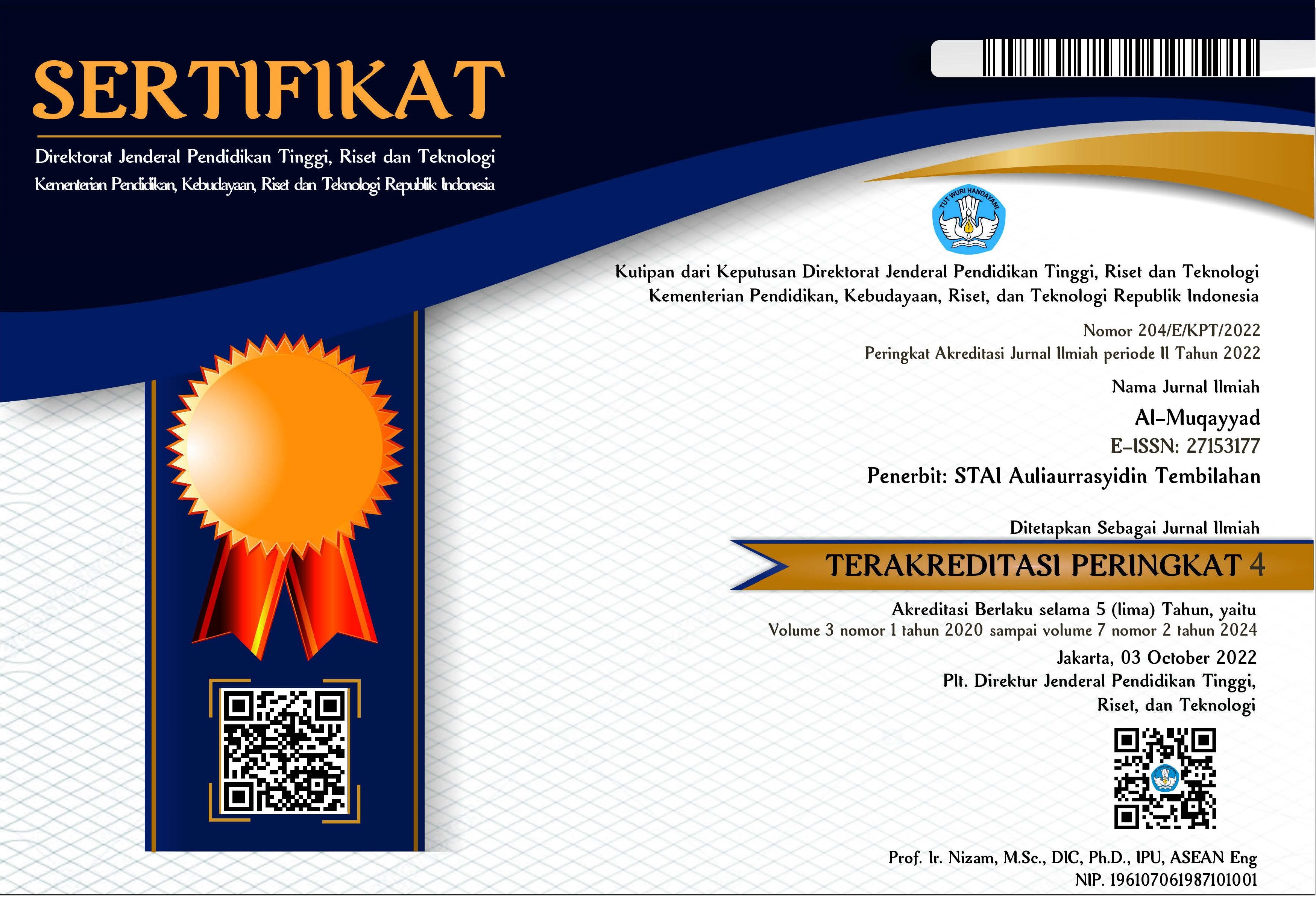Efektivitas Pengelolaan BUMDes Sataretanan dalam Meningkatkan Pendapatan Asli Desa
DOI:
https://doi.org/10.46963/jam.v4i2.414Keywords:
Effectiveness, BUMDes Management, Village Original IncomeAbstract
The purpose of this article is to determine the management strategy of the Sataretanan BUMDes and to analyze the effectiveness of the Sataretanan BUMDes in increasing Village Original Income. Data collection techniques using observation, interviews, and documentation. The data analysis technique is descriptive analysis. The results of the management strategy research carried out by BUMDes Sataretanan held regular meetings of BUMDes internal members to evaluate the entire development of the BUMDes Management Program, formed business groups from each hamlet that were members of the SDS business group (Soddara Dhelem Sataretanan), held entrepreneurship training and product production assistance. establish cooperation with DPMD, Department of agriculture and plantations, Disperindag and Disnakertrans. The effectiveness of the Sataretanan BUMDes management has not been effective because it has not met all indicators of effectiveness. Of the three indicators that are used as analytical tools, namely goal achievement, integration, and adaptation, only one can be met, namely the integration indicator
Downloads
References
Agunggunanto, Edy Yusuf, Fitrie Arianti, Edi Wibowo Kushartono dan Darwanto. (2016). Pengembangan Desa Mandiri Melalui Pengelolaan Badan Usaha Milik Desa (Bumdes). Jurnal Dinamika Ekonomi dan Bisnis,13(1).
Amnan, Annisa Riski, Herman Sjahruddin dan Hardiani. (2019). Pengaruh Alokasi Dana Desa dan Pendapatan Asli Desa Terhadap Belanja Desa. Researchgate, 1
Arlan, Agus Sya’bani. (2019). Efektivitas Program Pengelolaan Badan Usaha Milik Desa (Bumdes) Di Desa Ayunan Papan Kecamatan Lokpaikat Kabupaten Tapin. Al'iidara Balad, 2(1).
Ernawati, Sri, Masithah Akbari dan Siti Munawaroh. (2021). Bimbingan Tehnik Penyusunan Profil Bumdes Maju Jaya Desa Sumber Makmur Kec. Takisung Kab. Tala. EPrint. Sekolah Tinggi Ilmu Ekonomi Indonesia Banjarmasin Banjarmasin.
Faedlulloh, Dodi. (2018). BUMDes dan Kepemilikan Warga: Membangun Skema Organisasi Partisipatoris. Journal of Governance, 3(1)
Lestari, Ayu. (2021). Efektivitas Pengelolaan Badan Usaha Milik Desa dalam Pemberdayaan Masyarakat di Desa Buntuna Kecamatan Baolan Kabupaten Tolitoli. Tolis Ilmiah: Jurnal Penelitian, 3(1).
Putra, Asqul Yama. (2017). Strategi Manajemen Aset Bumdes Dalam Meningkatkan Pendapatan Asli Desa Sebagai Penguatan Ekonomi Desa (Studi pada Bumdes Maju Makmur di Desa Minggirsari, Kecamatan Kanigoro, Kabupaten Blitar). Skripsi. Jurusan Akuntansi Fakultas Ekonomi Dan Bisnis Universitas Muhammadiyah Malang.
Ramadana, Coristya, Berlian, Heru Ribawanto, dan Suwondo. (2013). Keberadaan Badan Usaha Milik Desa (Bumdes) Sebagai Penguatan Ekonomi Desa (Studi di Desa Landungsari, Kecamatan Dau, Kabupaten Malang). Jurnal Administrasi Publik, 1(6).
Suwecantara, Made, Iman Surya, dan Gunthar Riady (2018). Pendapatan Asli Desa Studi Kasus Bumdes Madani Di Desa Santan Tengah Kecamatan Marangkayu Kabupaten Kutai Kartanegara. E-Journal Pemerintah Integratif, 6(4).
Suwecantara, Made, Iman Surya, dan Gunthar Riady. (2018). Efektivitas Pengelolaan Badan Usaha Milik Desa Dalam Meningkatkan Pendapatan Asli Desa Studi Kasus Bumdes Madani Di Desa Santan Tengah Kecamatan Marangkayu Kabupaten Kutai Kartanegara. Ejournal PIN, 6(4).
Downloads
Published
Issue
Section
License
Authors who publish with this journal agree to the following terms:
1. Copyright on any article is retained by the author(s).
2. The author grants the journal, right of first publication with the work simultaneously licensed under a Creative Commons Attribution shareAlike 4.0 International License that allows others to share the work with an acknowledgment of the work’s authorship and initial publication in this journal.
3. Authors are able to enter into separate, additional contractual arrangements for the non-exclusive distribution of the journal’s published version of the work (e.g., post it to an institutional repository or publish it in a book), with an acknowledgment of its initial publication in this journal.
4. Authors are permitted and encouraged to post their work online (e.g., in institutional repositories or on their website) prior to and during the submission process, as it can lead to productive exchanges, as well as earlier and greater citation of published work.
5. The article and any associated published material is distributed under the Creative Commons Attribution-ShareAlike 4.0 International License





2.png)



